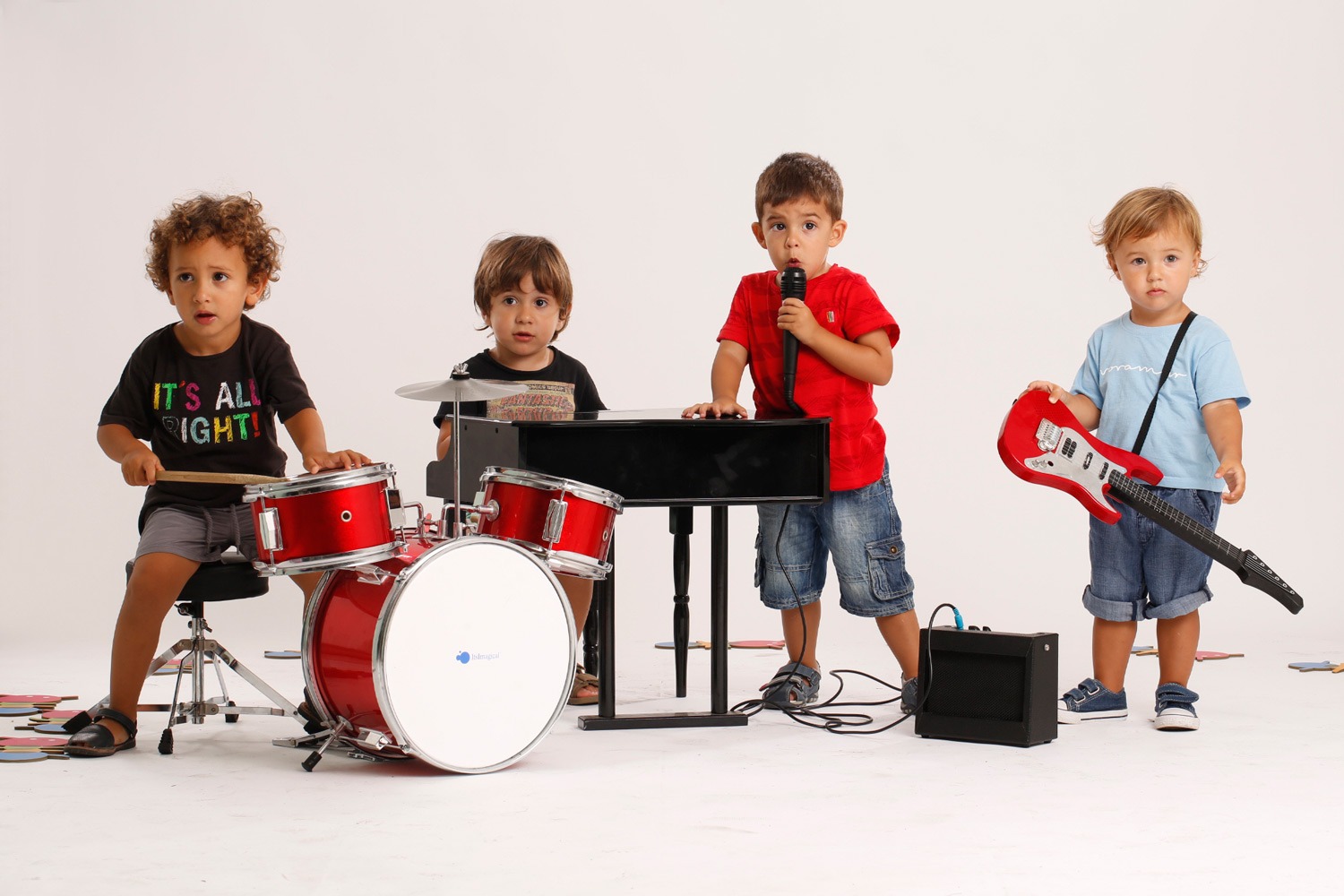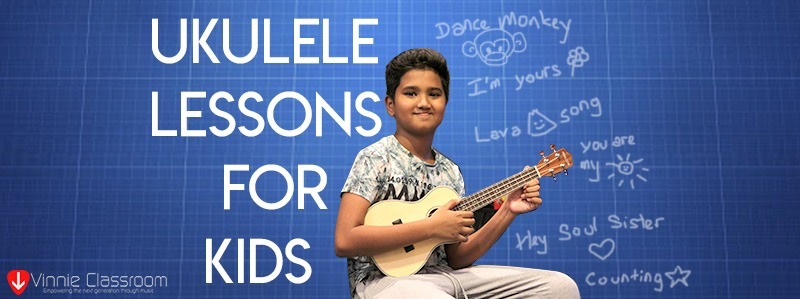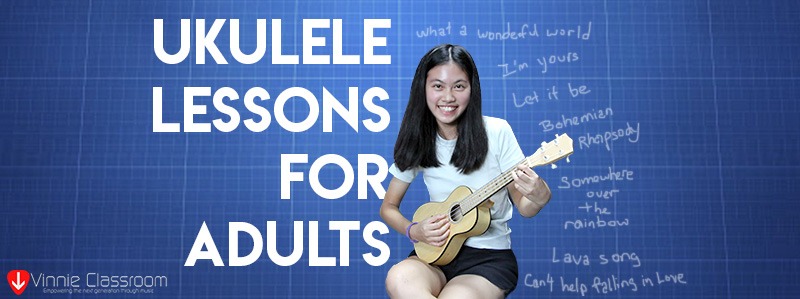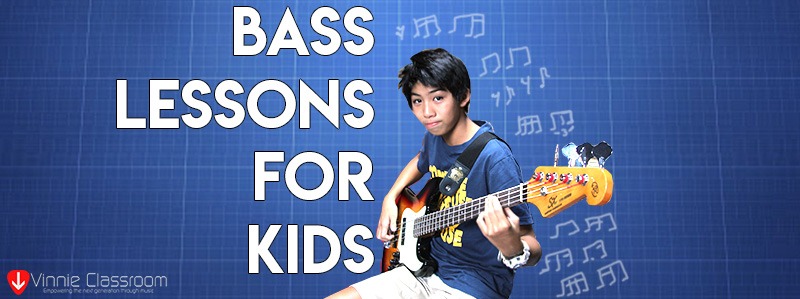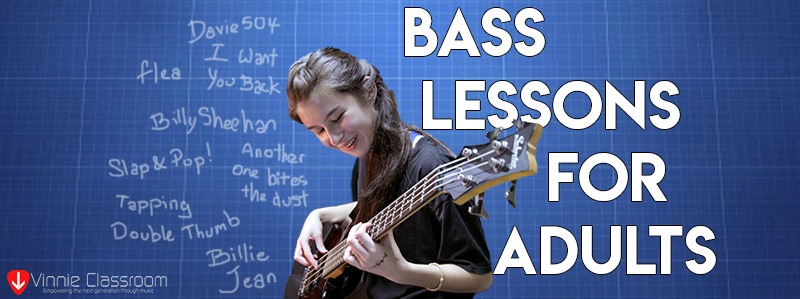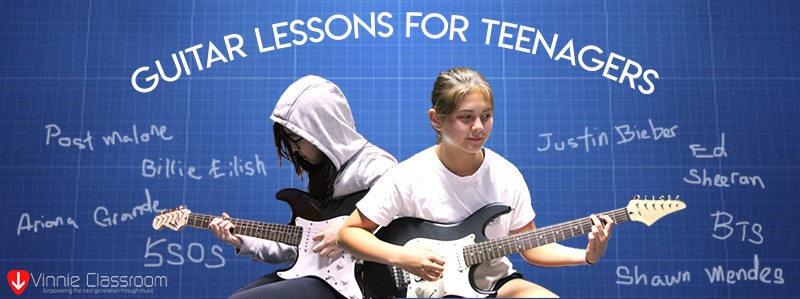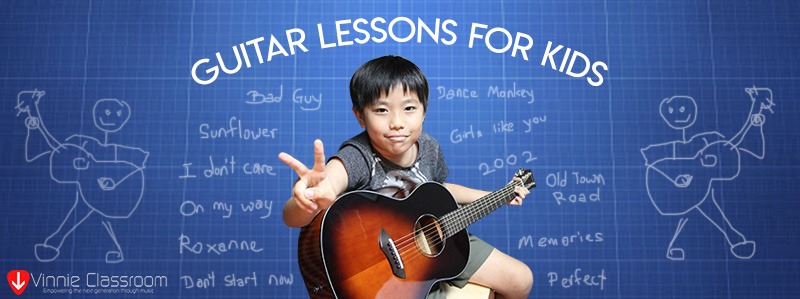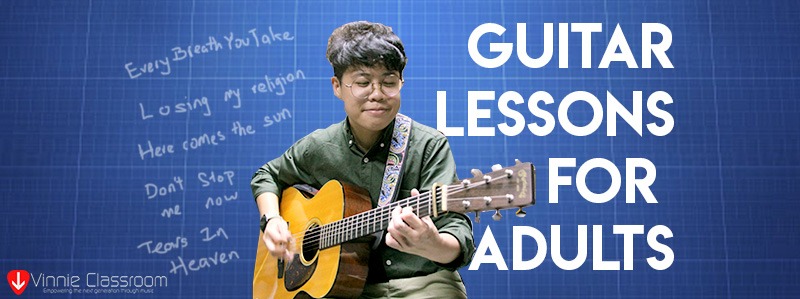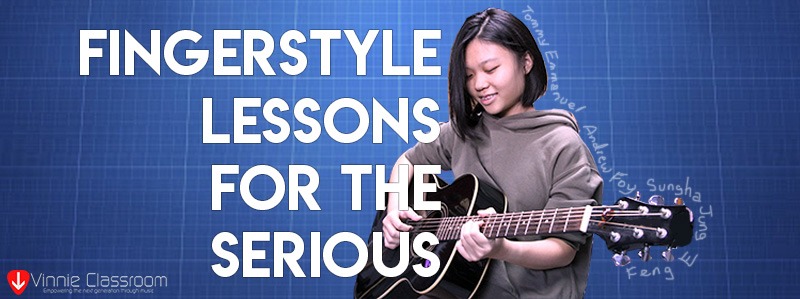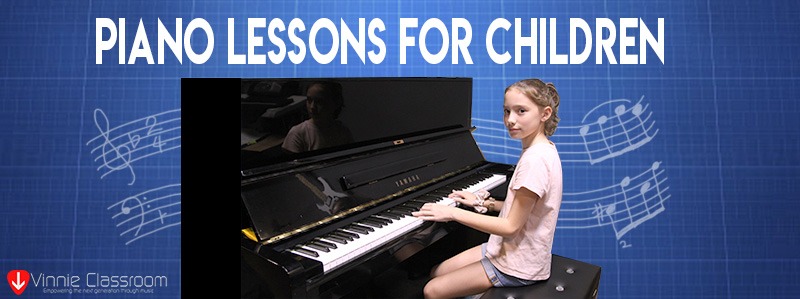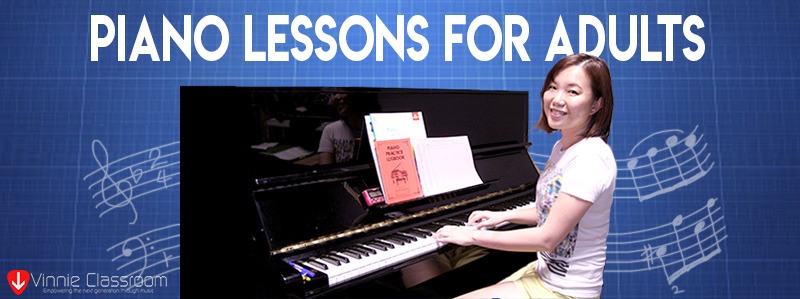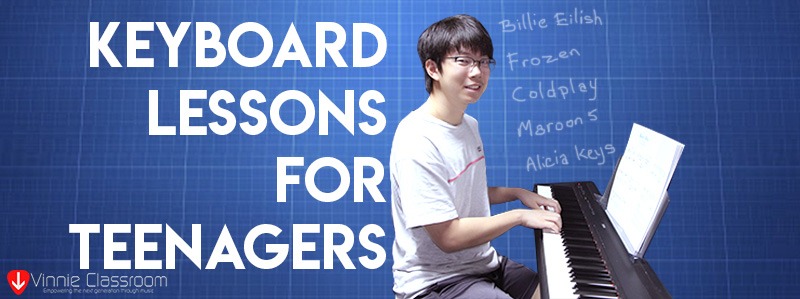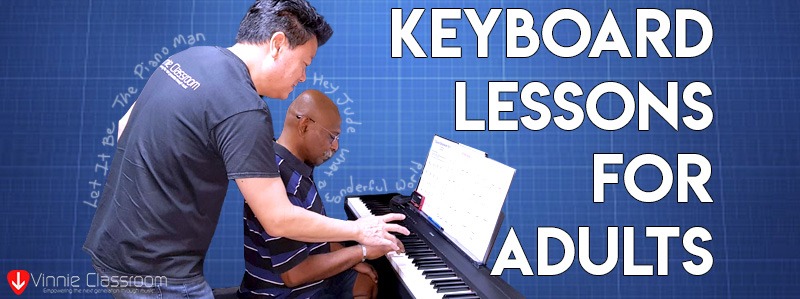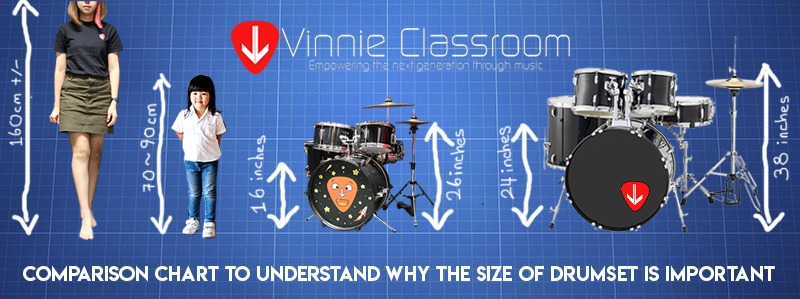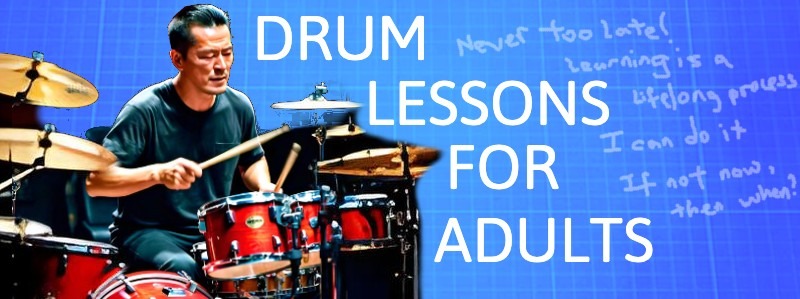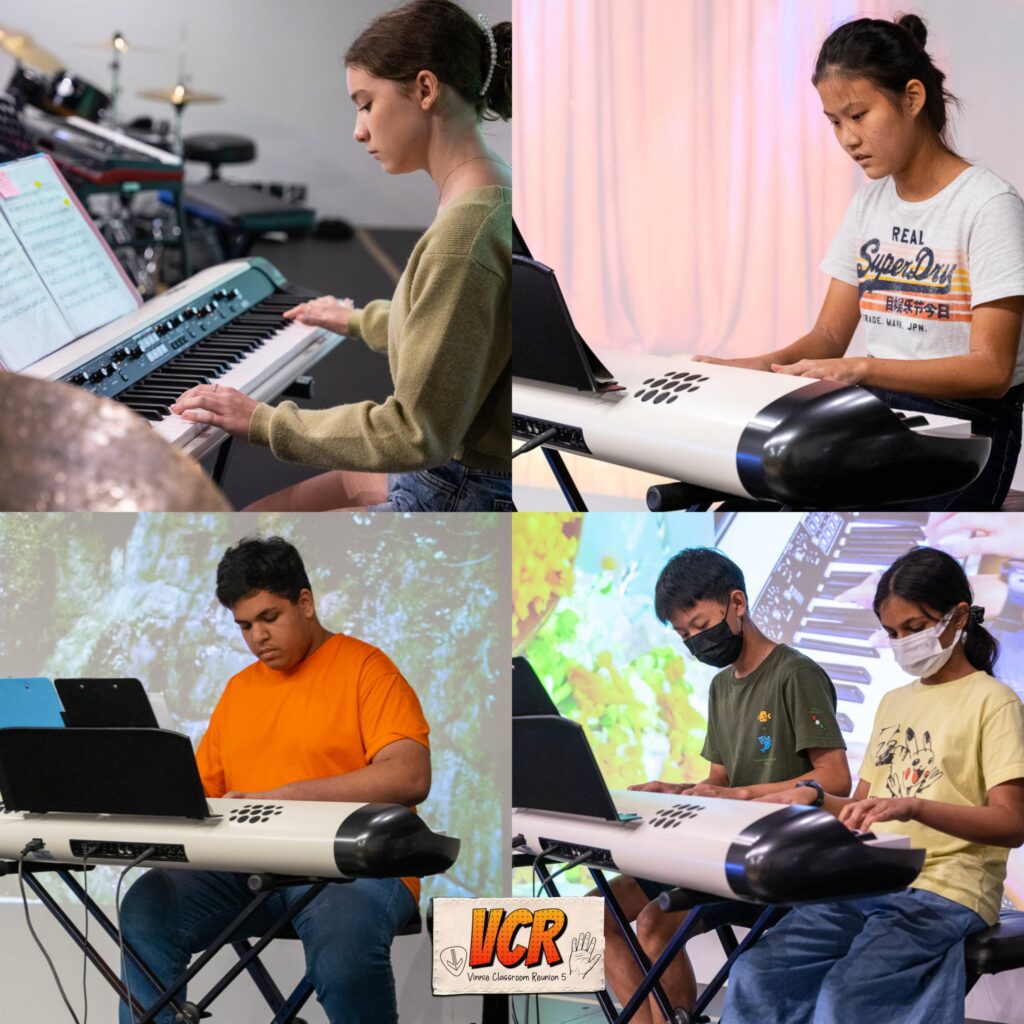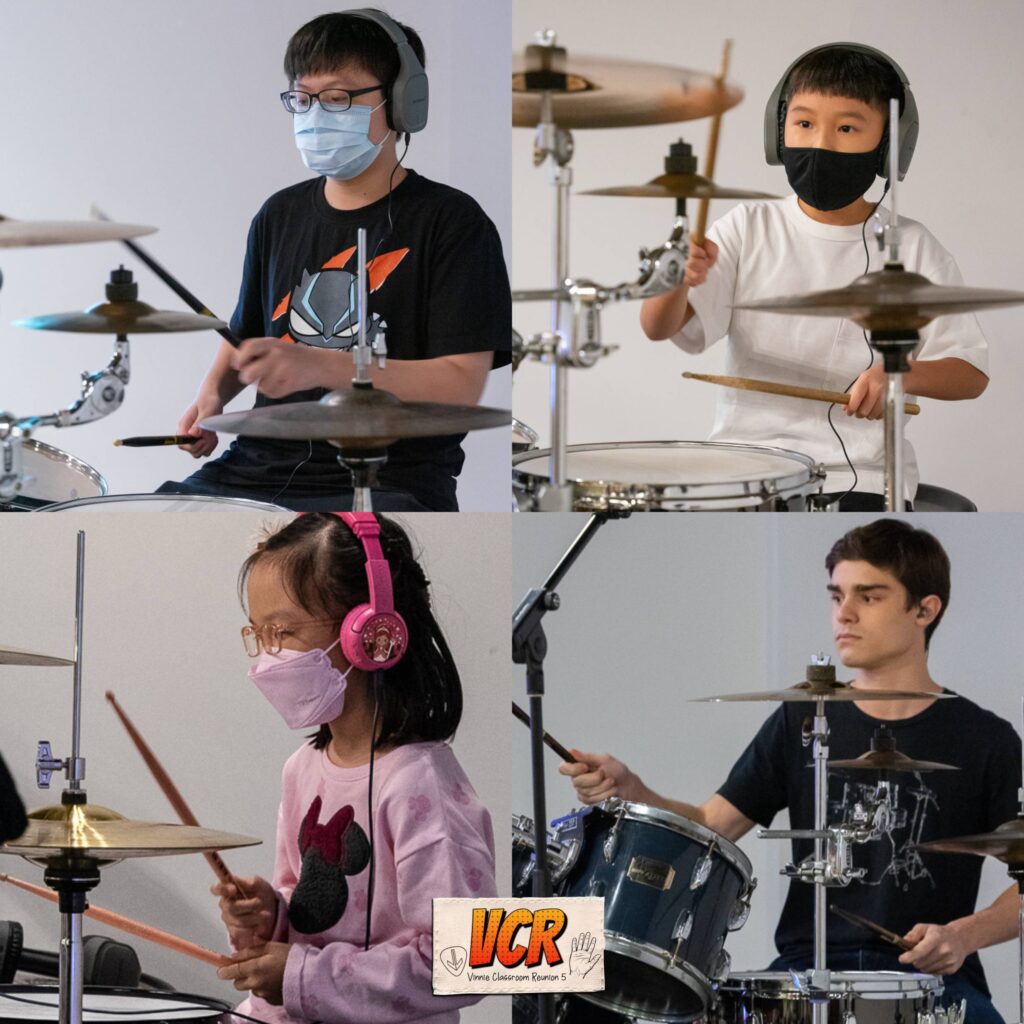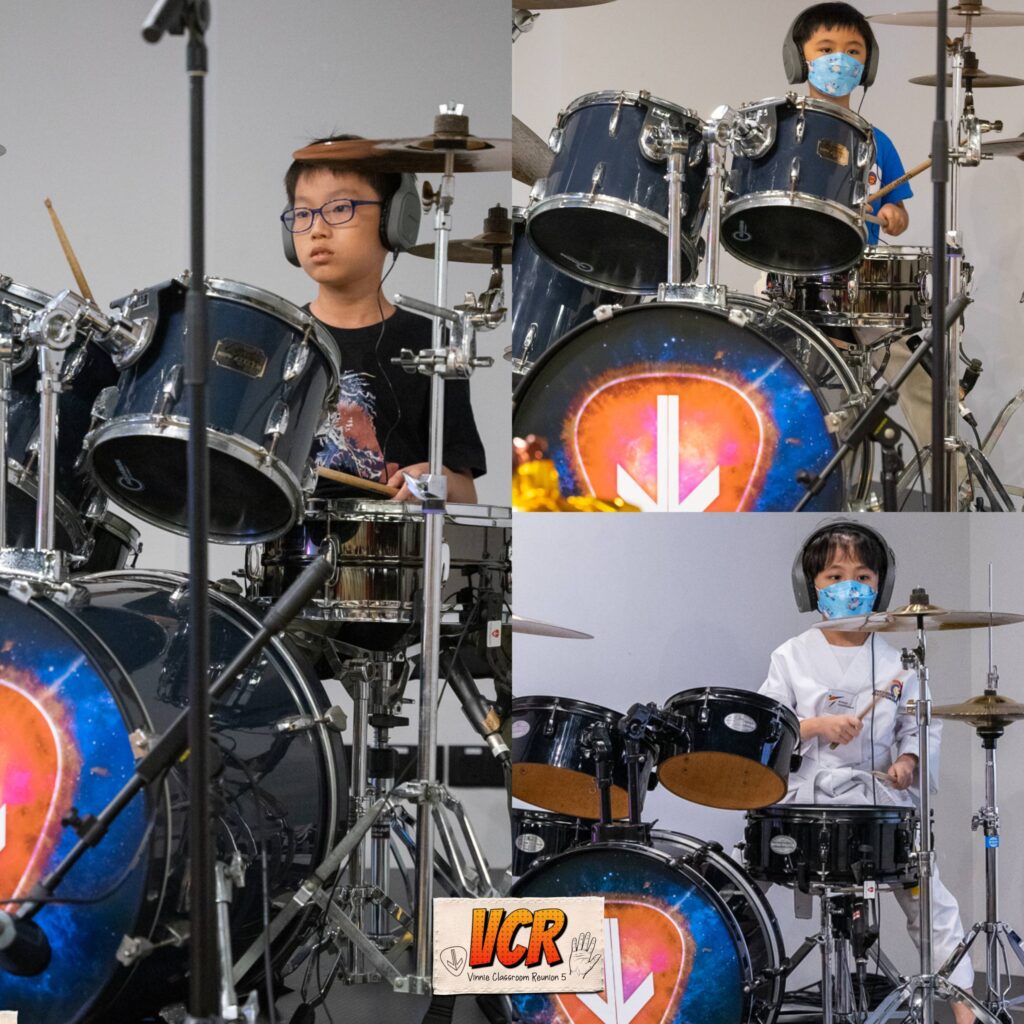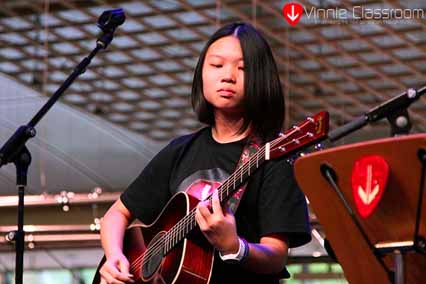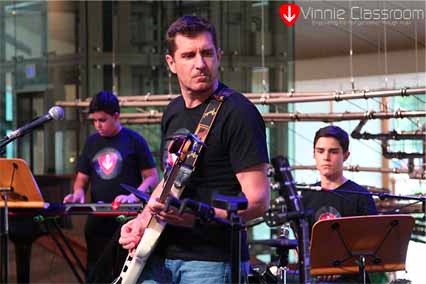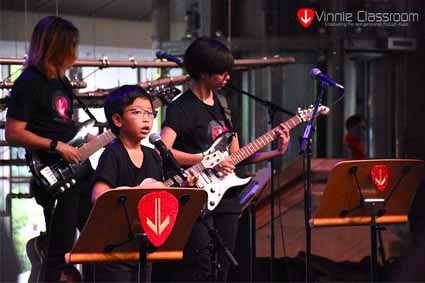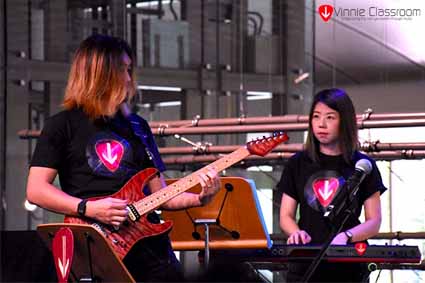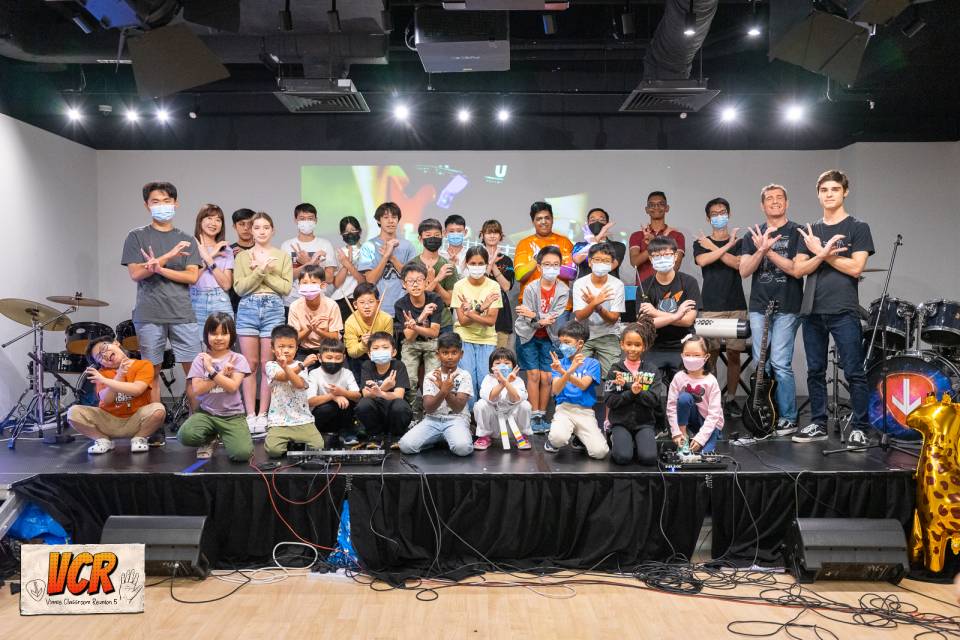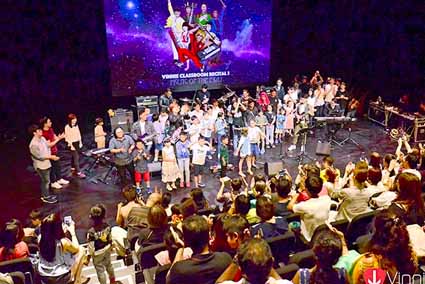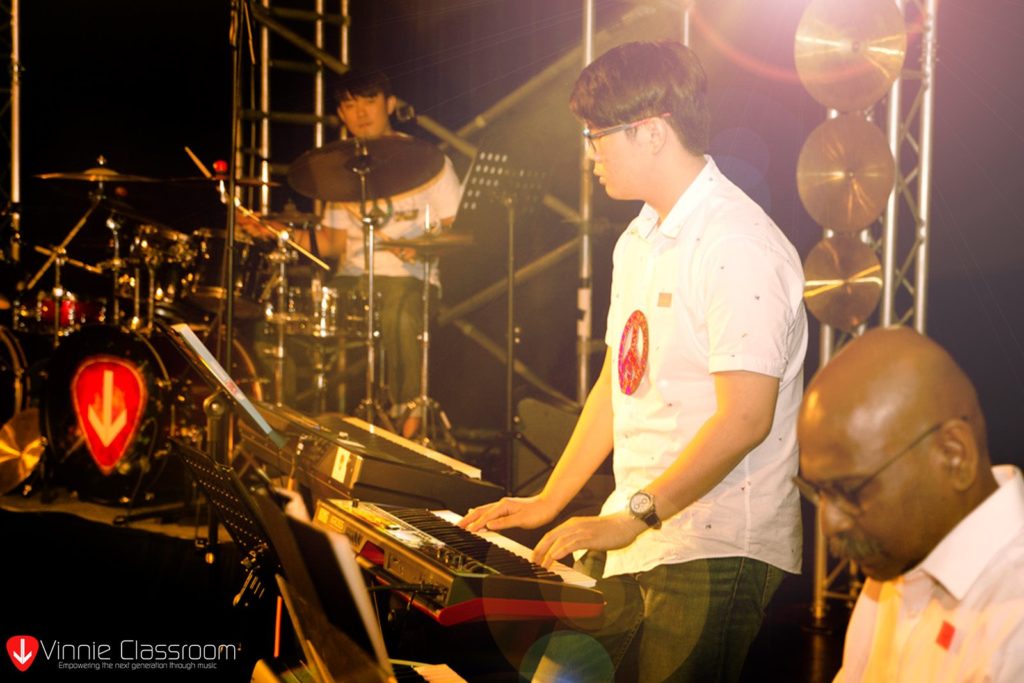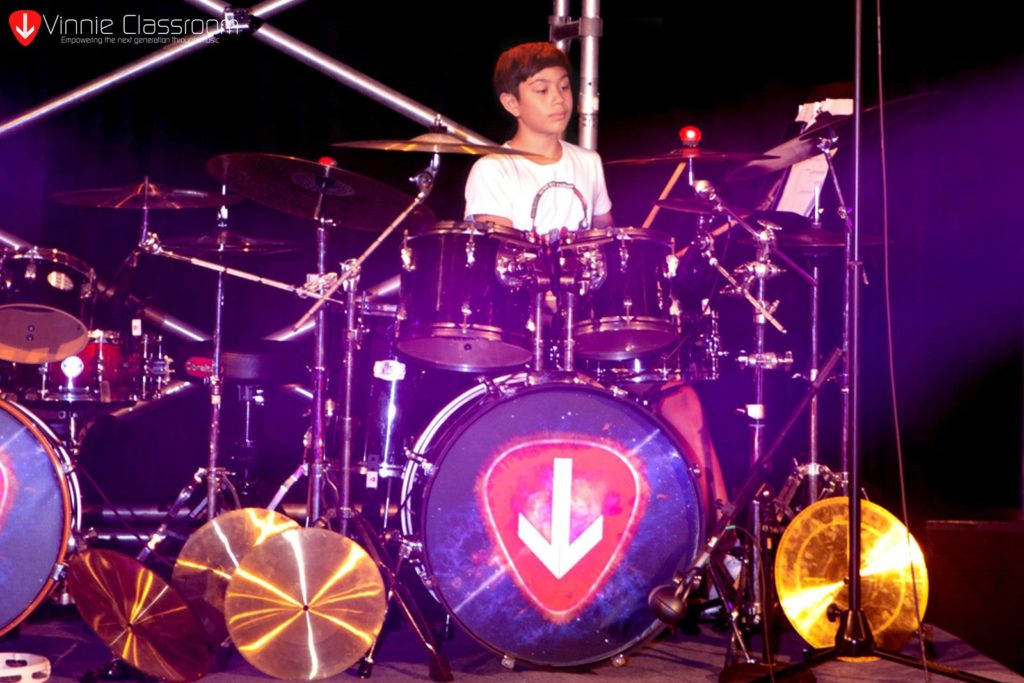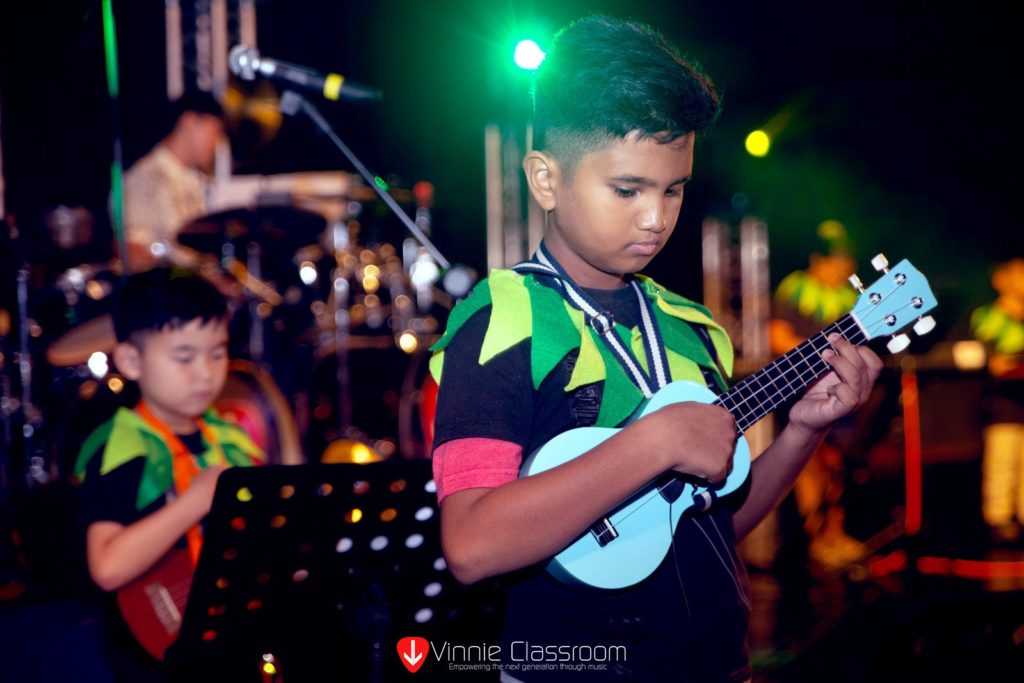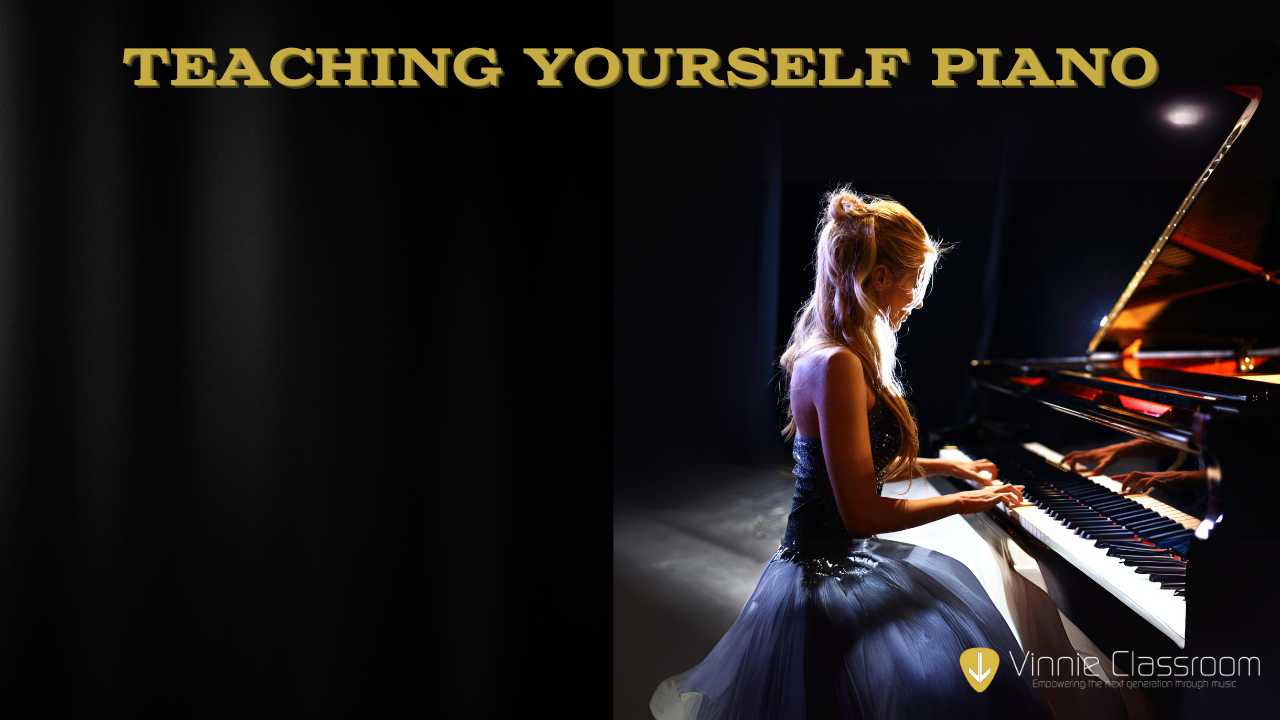
Learn Piano on your own in 5 steps!
While most people prefer attending piano lessons in Singapore, it is entirely possible to learn the piano without attending lessons! In this article, we want to use our 10 years of experience running our music school to help you skip piano lessons! Yes, you heard that right! While this may not be suitable for everyone, it might just benefit you. Let’s dive in.
Step 1: You can learn piano without a teacher but not without a piano!
Step 1 of teaching yourself the piano is, obviously, to have the right tool to learn it. If you are thinking of using the Garageband on your iPad, please drop that idea. Piano playing requires that tactile sensation of hitting a key and the touch screen devices simply can’t offer it. However, we understand that committing to an acoustic piano is a heavy decision. But we are here to help! Read our article “A guide to buying your first piano” to have a clearer idea!
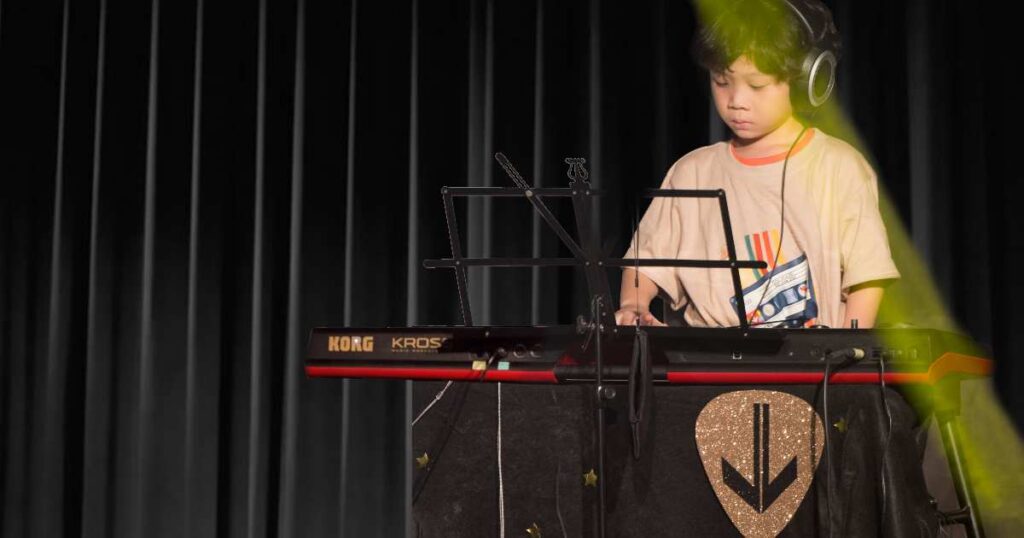
Kaiser is using a digital keyboard for his piano performance!
Step 2: Revise your music theory!
If you grew up in Singapore, you would have completed at least 10 years of music theory during your music classes during school! During the last 10 years, Vinnie Classroom has been one of the many vendors in Singapore offering music lessons. Commonly referred to as AMIS (Arts and Music Instructor Scheme), it is a registry of instructors with MOE for providing what we specialize in. However, being physically there during music lessons is enormously different from paying attention and learning what was taught. Thankfully you can still revise and get yourself back on track with music theory books and lessons! Piano playing requires a good grasp of music theory and there are plenty of resources these days. Rockschool and ABSRM offer music theory examinations and they are very popular amongst our students. Of course, if reading these books on your own isn’t working, you can consider signing up for our music theory lessons! Our teachers go through regular training to keep their minds fresh too! Because everyone needs help on this topic.
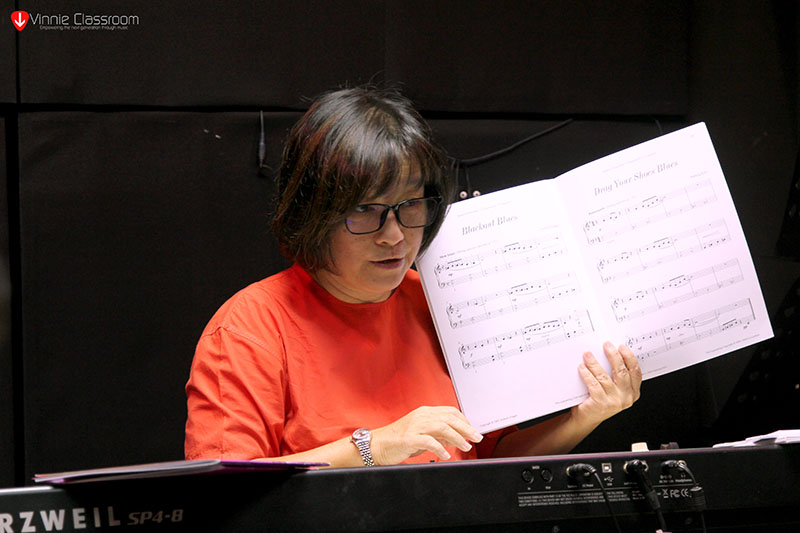
Ms Chin teaching interesting music theory during a teachers’ training session!
Step 3: Work on good piano-playing postures and techniques
The most commonly overlooked factor for most self-taught musicians has to be proper postures and techniques. Because of the lack of a piano teacher, most people are unable to tell if they are doing it right. However, this article intends to help you learn the piano correctly on your own, so we are sharing some useful pointers to take note of when practicing. Moreover, modern technology and the abundance of free resources have made self-learning more accessible and achievable than ever.
- Use your phone to video your practice session and use it to review your piano techniques and postures.
- Place a mirror by the side of your piano for instant correction of habits.
- Refer to helpful Infogrames. For example, refer to our Good Piano Posture infogram below!
- Search the internet for more information! Google is your best friend 😀
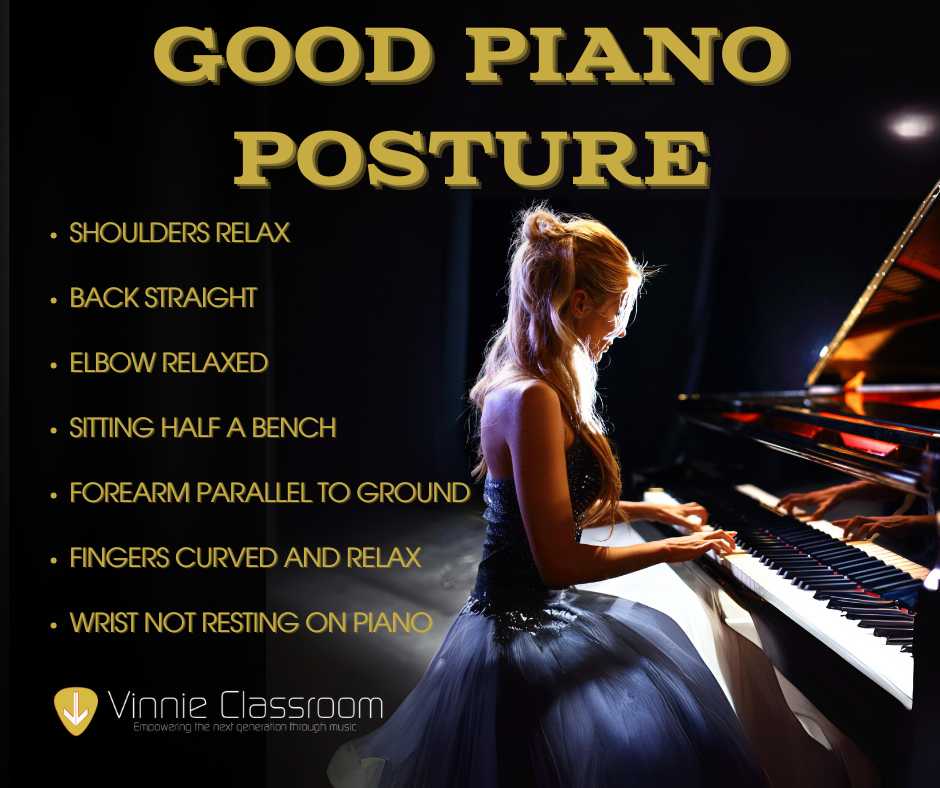
Infogram on Good Piano Posture
Step 4: The essentials of piano playing
Piano playing is impossible if one does not possess good dexterity on their fingers. Many will struggle during this stage and give up easily, with a list of complaints that are almost identical.
“I cannot play the piano because…”
- my fingers are not moving as I want them to.
- the notes are too far apart and my hands are too small.
- I have no strength to press the keys down after a while.
- there is no way I can get my left and right hands to move independently.
- the keys feel the same so I kept hitting the wrong notes.
If you find yourself using the same complaints as the list above, keep in mind that you are not alone. Even the most professional pianist once faced the same issues on the piano.
So how do we get past these common issues faced by beginners on the piano then? Well for a start, beginners practice scales on the piano! Scales are more than just a set of notes, they are essential to music creation and also to getting your fingers strong, agile, and accurate on the 88 keys. So you are done with scales, then you may consider trying some practice method books! These books will cover other elements of music such as arpeggios, chords, and cadences.

Piano playing should be a form of stress relief.
Step 5: Pick a song let’s go!
You should be feeling very comfortable on the piano by this stage of your music journey. All your fingers should be ready and your brain should be processing those notes as fast as you read a book. It is time to pick your first song and dive right in. BUT here is where people start giving up. During regular music lessons, the teacher will be able to spot and correct your mistakes as you practice. They can also share better ways to accelerate your learning pace on the song you are working on. Based on your lifestyle, a good teacher can share useful tips on how to practice your instrument. Being alone means the lack of helpful eyes to keep you on track. Regardless, here are some of our tips on learning a song.
- Listen to the song as many times as you need. You know you are ready when you can sing out every part of the song.
- Tackle one small section of the song at a time. Don’t try to play through the song like a tractor plowing through the field.
- Work on difficult sections slowly before increasing speed.
- Use a metronome.
- Video your practice for review purposes.
That’s it! You’ve got it! Congratulations on picking the piano. We hope our article is helpful to you and gives you the much-needed confidence.
What if I am still unsuccessful?
Learning the piano by yourself is indeed a very challenging task. If you feel like you can’t play the piano as well as you like, then you might want to consider enrolling for formal piano lessons. Talk to us about your piano lessons. Or, take a Trial Lesson with us! I am sure with our decade-long experience, we will be of valuable help to you.
Contact us through these easy channels! 🙂

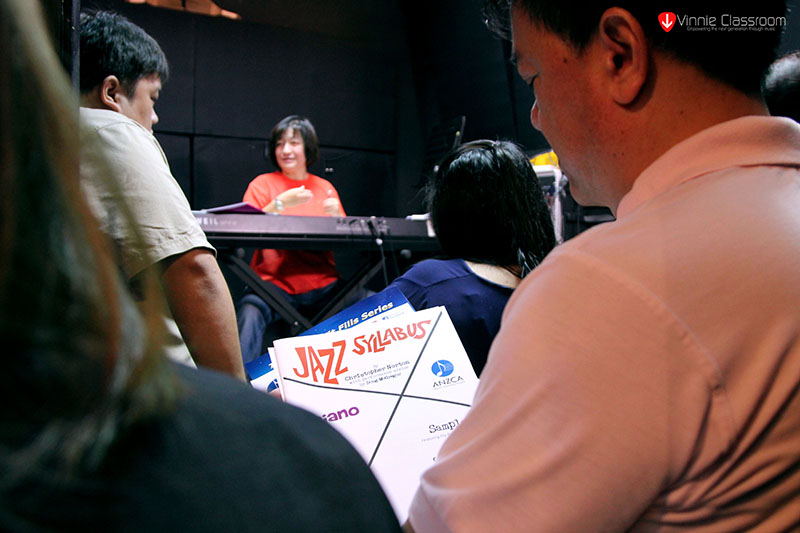
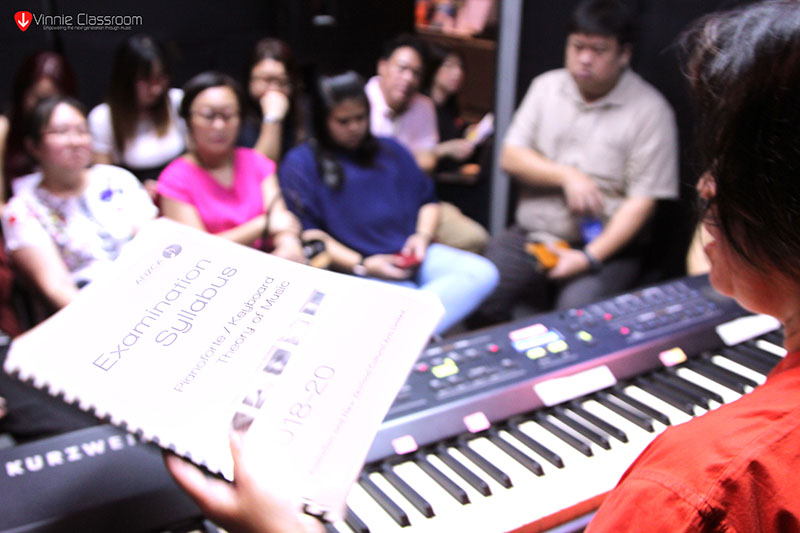

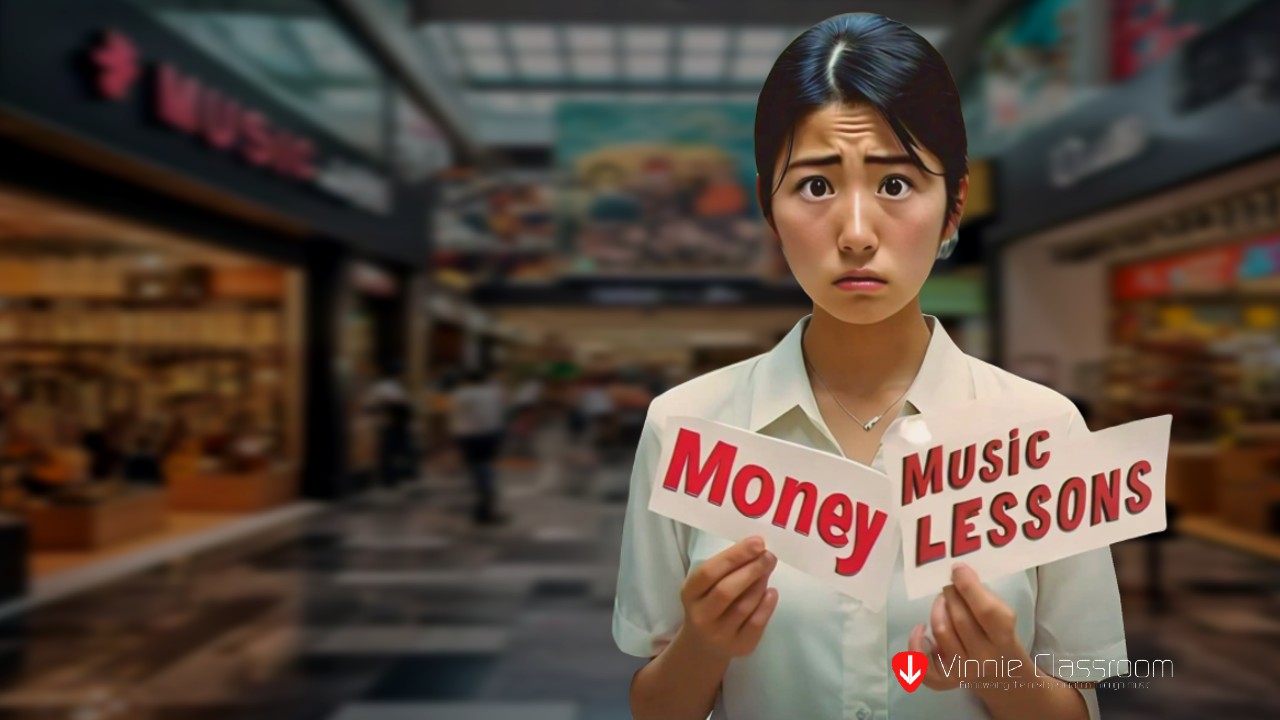
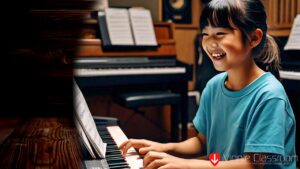
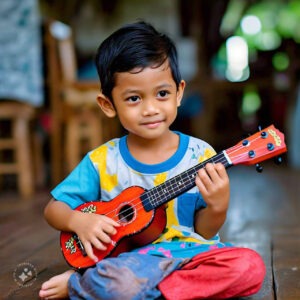
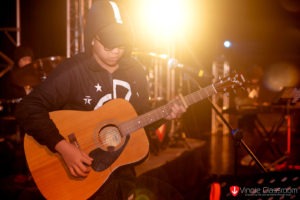

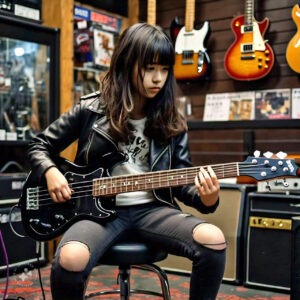
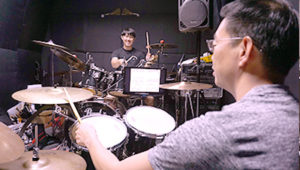
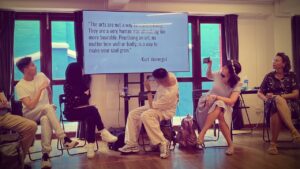
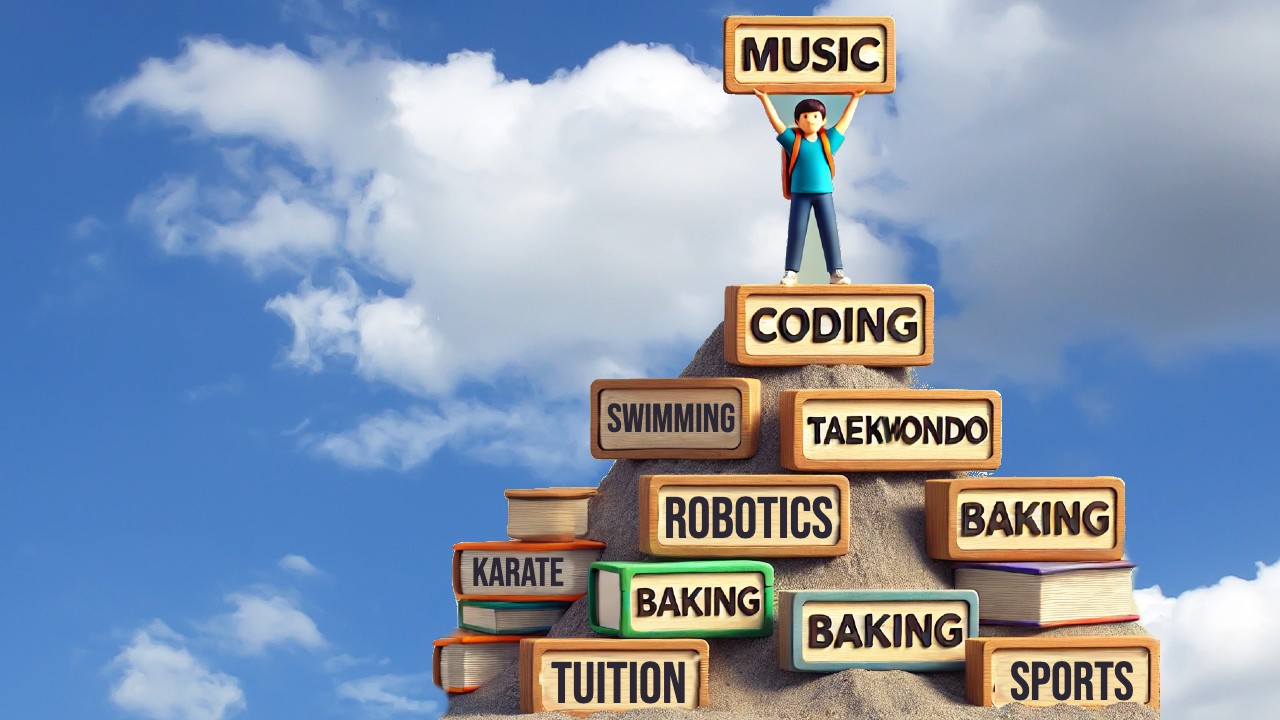
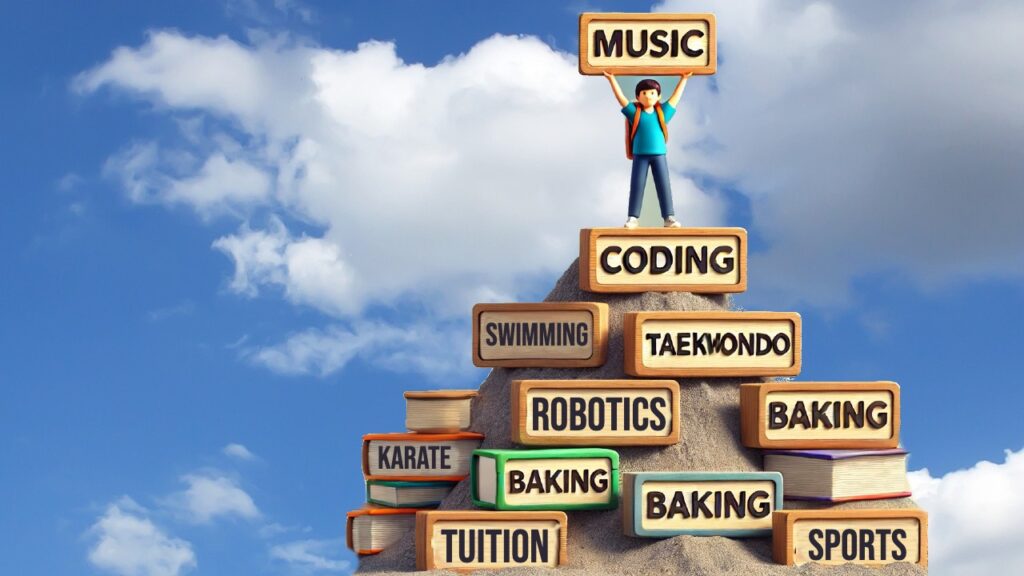 As music teachers, we find it important to share why music lessons are the ideal enrichment program for children. In today’s world, parents are eager to enroll their children in extracurricular activities that enhance their personal development, foster creativity, and equip them with essential life skills. Among the vast array of options—ranging from martial arts and coding to chess and baking—music lessons stand out as a uniquely enriching experience that offers unparalleled benefits. Here are five reasons why music lessons provide a superior foundation for a child’s growth compared to other popular enrichment programs.
As music teachers, we find it important to share why music lessons are the ideal enrichment program for children. In today’s world, parents are eager to enroll their children in extracurricular activities that enhance their personal development, foster creativity, and equip them with essential life skills. Among the vast array of options—ranging from martial arts and coding to chess and baking—music lessons stand out as a uniquely enriching experience that offers unparalleled benefits. Here are five reasons why music lessons provide a superior foundation for a child’s growth compared to other popular enrichment programs.








